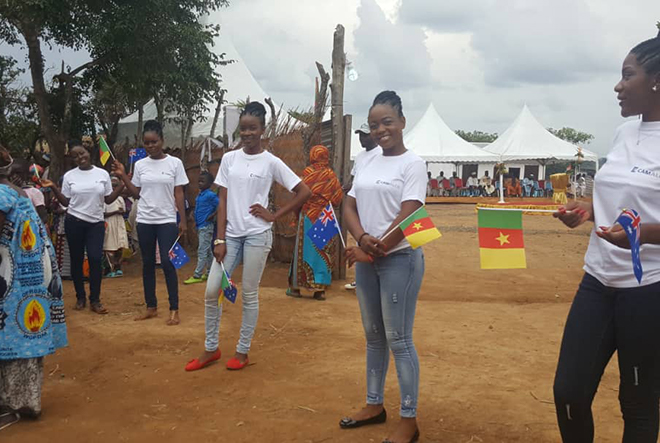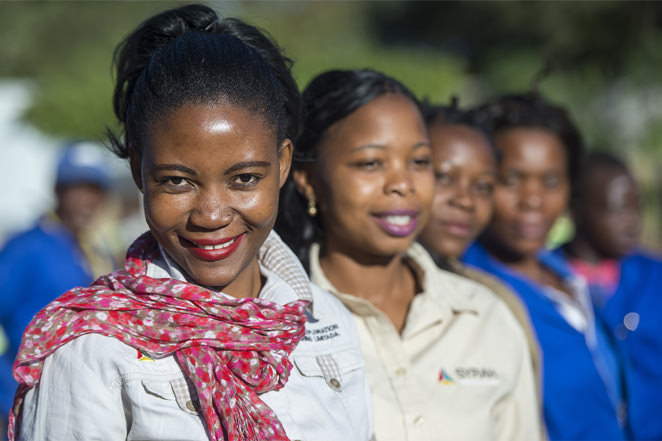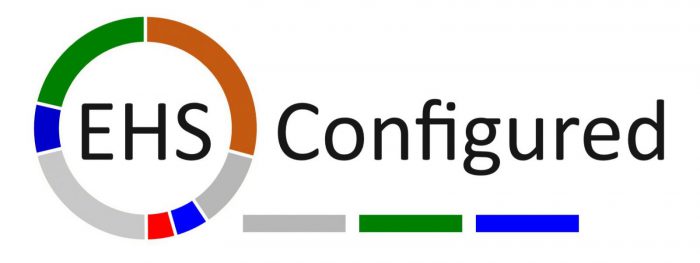Social
Business Checklist


Identifying the Social Aspects that are Important
We make assumptions all the time.
Sometimes they are reasonable, often they are wrong.
Social Risk is associated with the likelihood and impact of wrong assumptions about your host countries and local communities.
Key Social Considerations
What do you know about your host country population? Demography, health, education, equality, poverty and employment? Do you know what it means to be a UN designated Least Developed Country of which there are 33 in Africa? Do you know the top five health challenges you will face? What do you know about government accountability and the level of corruption? Do you have a sense of the law-and-order situation, presence of civil society groups and the reputation of the mining industry and Australian companies (good or bad)? Do you know where to look for credible sources of this information?
What home country laws do you need to comply with? What are the host-country national laws and local customs related to critical activities such as land access and acquisition, community consultation (especially when it concerns Indigenous people), local content, cultural heritage and local, regional and national development? What agreements have you signed, with whom, and what commitments have you made? Looking beyond your legal obligations, how are you planning to earn your social licence to operate?
Your aspirations will dictate how you go about your business. What are you saying in your Vision, Values, Mission statement? How are you putting your words into action? Leadership? Policies and Guidelines? Remuneration? If you plan to raise capital have you considered the IFC Performance Standards, Equator Principles and Principles for Responsible Investment? If the land you need to access is home to Indigenous people, are you able to demonstrate you have Free Prior and Informed Consent? And if you plan to sell are you prepared to have your Social Performance and legacy risk assessed during buyer due-diligence?
It used to be that satellite imagery or aerial photography was expensive and difficult to access. Now it is easy to see what is happening on the ground. Logging into Google Earth, zooming in on a known set of coordinates or a local town name and having a look will get you started. If you have a team on the ground having them take some drone imagery is low-cost, easy to do and provides another level of detail.
The characteristics of your target orebody will significantly influence the social impacts of your project. Precious metal, base metal or bulk commodity? Near surface or deep? Open-ended or closed-off? So you know how the combination of characteristics will influence land access requirements? Environmental and community health impacts? Project-induced In-Migration? Your approach to local employment, local purchasing and community development?
Good relationships are built on company conduct and underpin your social licence to operate. So how is you team doing? Do they use good practices for accessing land? With employment – are the selection criteria easy for you to understand and do they seem fair and reasonable? If they are making donations and sponsorships what are they supporting, and can you see the logic in what they are doing? Can the team explain local customs? What promises have been made? Have they been delivered and are they written down? Have there been incidents or disagreements – anything that has caused work to stop or made the team feel less safe?
Are you tapping into the deep pool of African expertise and knowledge you could learn from? Have you spoken to the AAMEG team in Perth? The Australian Government representative in-country? Other operators in-country? Key government ministries in your host country? The national Chamber of Mines / Commerce? NGOs – particularly those working around your project?
Do you take time to visit the local communities? Do you get out of the car and walk around and talk with a broad cross section of people? Do you ask them how they are? The impacts on their life they attribute to the actions of your company – both pluses and minuses? Do you ask for suggestions for how you can do better? Do you feel safe and welcome? Is the tone of conversation polite or rude and accusatory? Has the atmosphere changed for the better or worse since your last visit?


Want to learn more about social performance?
If the questions have highlighted gaps in your social aspects management or left you thinking you need to learn a bit more, you can dig a bit deeper by:
1. Contact an AAMEG member
2. Check out all resources
More business checklists...
Members operating in the Social space









